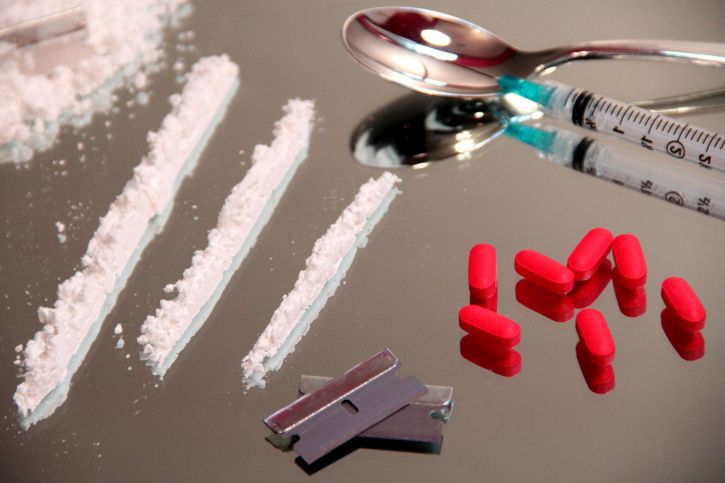The Medical Health Officer for Northern Health feels that more can be done to help people keep safe, even if they do drugs.
Doctor Andrew Gray, talking about the potential decriminalization of drugs, feels we can go one step further…
“Opioids especially, if the dose is stable and the source is regulated, opioids are less harmful to ones health than say alcohol or cigarettes, so the other big prong that we need here is just a safer drug supply which could be accomplished through regulation, and making alternatives available to people other than the black market that they’re currently dependent on.”
Gray says he also strongly agrees with decriminalization of drugs…
“Just the simple fact of having drugs with you or using them because you have an addiction or a dependency or for whatever other reason you might be using them, criminalizing people for that just makes their lives more difficult, and keeps people mired in addiction by increasing shame, increasing addictions, increasing barriers for people seeking help because they are afraid to let anybody know that they are using drugs.”
Gray says sending people to jail generally doesn’t make their lives better, it makes them worse.
He says it gives them criminal records, it makes it harder for them to get a job later in life or to have housing, and it disrupts families…
“You can imagine if everybody who ever used alcohol or cigarettes was seen as a criminal, or seen as unfit to be a parent, or unfit to work in a daycare, or to be a healthcare worker, it’s really a disproportionate reaction to what’s really a health issue.”
As for how to get people off drugs, Gray says that is a tough question to answer…
“There are a lot of complex factors that go into why people use drugs in the first place, and why people continue to use drugs when they continue to become as unsafe as they are today with the increasingly toxic drug supply. For the most part people who are using drugs that they acquire on the black market on a daily basis or on a frequent basis despite the risks, they are usually doing so to manage some kind of severe pain that they’re in, whether that’s physical pain from an injury or psychological pain from other kinds of trauma that they’ve experienced in their lives, as well as just the stress of their every day lives if they are living in poverty or living on the street, or living with mental illness.”
Gray says things like addiction treatment and replacement medications and counselling around drug use specifically can be helpful, but he says there are many other factors such as access to affordable housing, access to employment and other forms of support that can help people heal from trauma.
He says it goes beyond the healthcare system, as it is a social issue.
Doctor Gray acknowledges that it is a challenge in smaller communities like those in the Cariboo to help people get off drugs due to a lack of resources.
But he says even larger centers need more resources as he says addiction and drug use has been an area of underinvestment for a long time, and now we’re playing catch-up.
-how do we get people off drugs ?
-that is a tough question. there are a lot of complex factors that go into why do people use drugs in the first place and why people, especially, continue to use drugs when they continue to become as unsafe as they are today with the increasingly toxic drug supply. For the most part people who are using drugs that they aquire on the bllack market on a daily basis or on a frequent basis despite the risks, they are usually doing so to manage some kid of severe pain that they’re in, whether that’s physical pain from an injury or phyciological pain from other kinds of trauma that they’ve experienced in their lives, especially their early lives as well as just the stress of their every day lives if they are living in poverty or living on the street, living with mental illness, so addressing all of these things, certainly addiction treatment and replacement medications and counselling around drug use specifically can be helpful but there are many other factors, access to affordable housing, access to employment and other forms of support that can help people heal from trauma, all of that is, it goes beyond the healthcare system of course, this is a social issue
-in smaller communities do we have the resources to help people get off drugs ?
-well i would say no community has all of the resources needed to help people recover from addiction. Even in the biggest centers, the biggest centers of course have more resources as well as more people that need them, but addiction and drug use have been an area of underinvestment and an area that just hasn’t had as much attention, you know people with addictions don’t have as much influence, it hasn’t been as front and center as a concern for the healthcare system in the past, so we’re now trying to catch up because this overdose emergency has pushed the issue to the forefront, but certainly there are additional challenges in smaller communities but this is not just a challenge for smaller communities.
Something going on in the Cariboo you think people should know about?
Send us a news tip by emailing [email protected].








